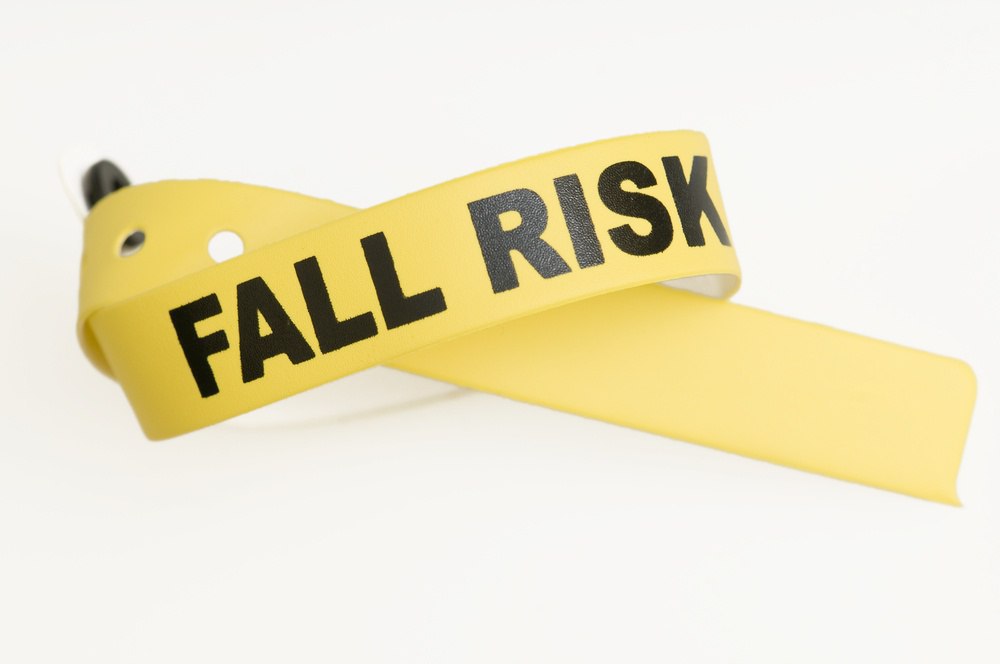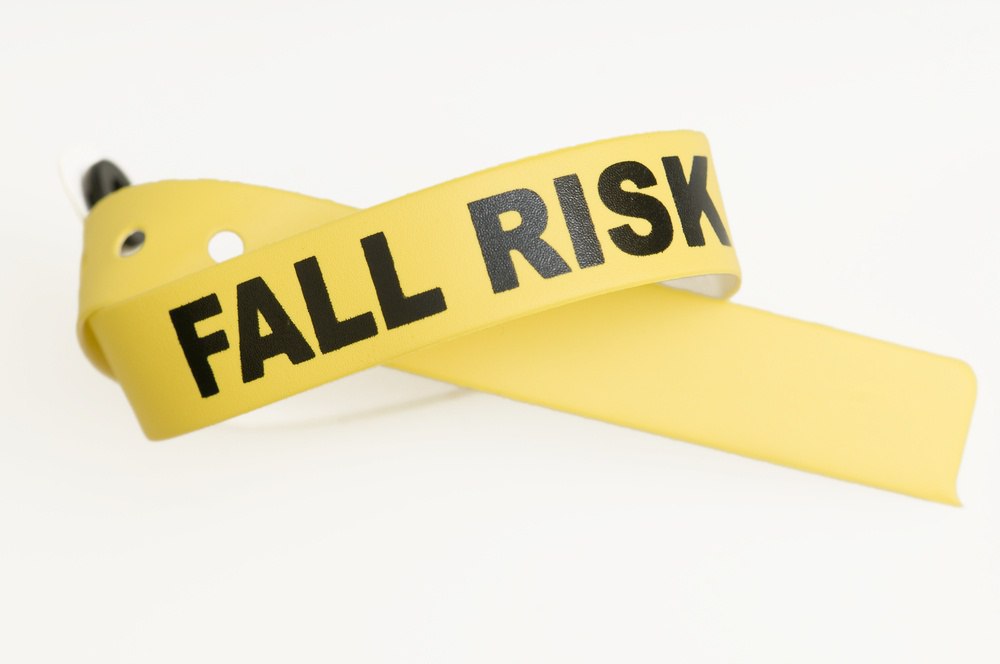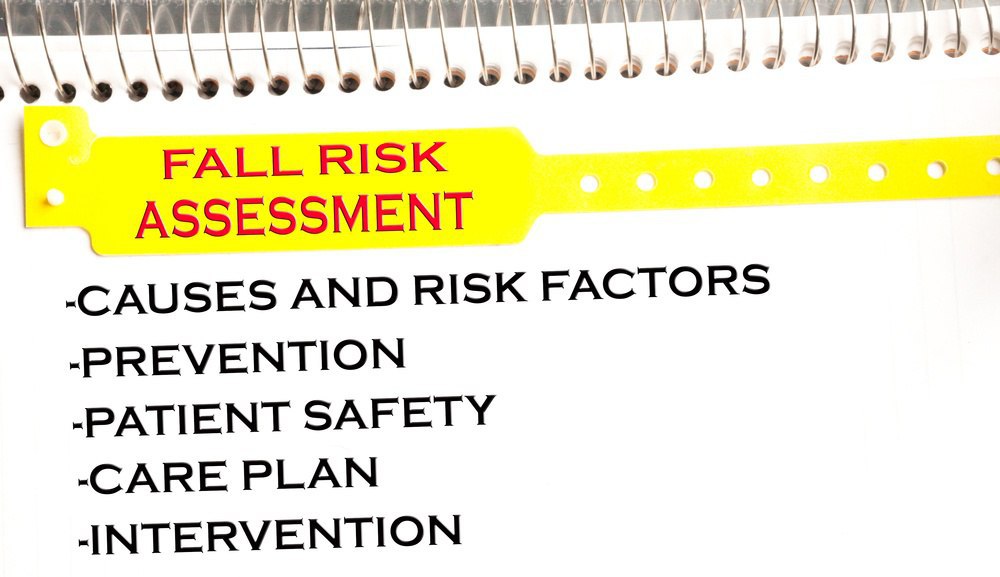Audiologists and Balance Disorders: Fall Risks and Prevention
May 31st, 2018 | 5 min. read


Week four in May (May 20-26) of Better Hearing and Speech Month (BHSM) focused on increasing awareness of older Americans and falls.
According to the Centers for Disease Control and Prevention (CDC), more than 25 percent of people, aged 65 or older, fall each year. By the age of 80, that number increases to 50 percent. Unfortunately, only half those who fall inform their physicians. What you may not know, though, is that falling once in a year doubles your risks of falling again.
It’s important to not only notify your physician if you fall, but also to seek answers about the causes of your fall and steps you can take to prevent falls in the future as well. The more you understand the reason you fell, the better prepared you are to avoid future falls and safeguard your short and long-term health – regardless of your age.
The Costs of Falling
While most people measure costs in dollars and cents, the costs of falls among an aging population go far beyond the realm of finances, though those costs are certainly high as well.
In fact, the University of Nebraska Lincoln, reports that by the year 2020, the direct financial costs of fall injuries among the older adult population is expected to exceed $32.4 billion.
Falls result in a wide range of injuries. Some more visible, and severe, than others. These injuries include the following and more:
-
Broken bones. Nearly 95 percent of all hip fractures are the results of falling – usually of falling sideways.
-
Soft tissue damage.
-
Head trauma.
-
Dislocated joints.
-
Loss of confidence when doing routine activities.
While the financial costs of falling are high, there are some costs that are higher still. In addition to the injuries that require extensive rehabilitative therapies and recovery periods, some fall injuries require older adults to give up their independence.
In some cases, the costs are higher still. Falls are the prevailing causes of injury-related deaths among people over the age of 65.
Fall Risks and Potential Causes of Falls
Falls are caused by many things. In fact, there are a variety of things that present fall risks in the elderly that may not be as problematic among younger populations.
The key to preventing falls, is to understand what might be causing falls and act to remove unnecessary obstacles or risks from home environments and daily routines.
Risks of falling can be extrinsic (the environment) or intrinsic (within the person). Some of the common risk factors that make people susceptible to falling include:
-
Medications
-
Dizziness
-
Balance issues
-
Vision impairments or poor vision
-
An object in the ear canal
-
Loss of sensation in feet (often the result of diabetic neuropathy or poor circulation)
-
Tripping hazards
-
Lower body weakness
-
Vitamin deficiencies
Limiting these risks helps to prevent falls from happening in the first place and may help to prevent future falls among people who have already fallen.
You should also be aware that some medical conditions may contribute to higher risks of falling, especially the following conditions:
-
Diabetes mellitus
-
Hyper and hypothyroidism
-
Obesity
-
Coronary artery disease
-
Congestive heart failure
-
Dementia
-
Multiple sclerosis
-
Parkinson’s disease
-
Stroke
-
Osteoarthritis
-
Cervical spondylosis
Of course, there are other medical conditions that may heighten chances of slips and falls and many medications that do as well. Some of these conditions may be currently undiagnosed, which is why it is essential to consult your physician after a fall or if you are concerned about falling.
Preventing Falls Among the Elderly
Whether you are elderly or you have a loved one who is experiencing some of the growing pains associated with aging, you want to take steps to make the home a safe haven. This means removing obstacles that may soon become tripping hazards.
Steps you can take to reduce the risks of falling in your home, include the following:
-
Wear properly fitting shoes.
-
Remove loose rugs from the home.
-
Eliminate extension cords that cross walkways within the home.
-
Clear out clutter in the home.
-
Make sure all rooms are well-lit.
-
Repair cracked sidewalks that may present tripping hazards.
-
Consider homes that do not have stairs.
-
Evaluate medications to see if there are options that may not impair motor function.
-
Install grab bars in appropriate places.
-
Clean spills immediately to reduce risks of slips.
-
Exercise caution when entering and exiting tubs and/or showers.
-
Engage in balance building exercises.
-
Participate in frequent vision screenings.
One of the most important, and often overlooked, things you can do if you’re concerned about prevention of falls in the elderly is to consider seeking the assistance of an audiologist.
What is an Audiologist?
Audiologists are healthcare professionals who specialize in the diagnosis, care, and treatment of hearing, balance, and other related disorders. Because the inner ear is associated so closely with the body’s natural sense of balance, it makes sense that conditions affecting your ears may be at the root of slips, trips, and falls.
We all know that prevention is the best cure. You can take all the preventative steps possible to “fall proof” your home, but if you haven’t evaluated the role your physical health may play in the falling process, including checking on your hearing and balance, your strategy for preventing future falls is missing a key ingredient.
Audiologists and Balance Disorders
You may be wondering what an audiologist has to do with treating balance disorders. Most people think they are only there to deal with issues related to hearing. But they do much more than that.
Not only can audiologists help check for balance issues that may lead to dizziness and falling, but they can also help test for hearing issues that might prevent older populations from socializing as much, which puts them at greater risks of falling due to inactivity.
In other words, audiologists can help people prevent falls in obvious and subtle ways alike. This is why it is so important to schedule routine visits with an audiologist as part of your own efforts to prevent falls. And, if you are a daughter or son of an elderly parent, you can take it upon yourself to encourage them to see an ENT specialist.
Contact an Audiologist for a Fall Risk Assessment

If you’ve experienced a fall, an appointment with an audiologist is a wise step to prevent future falls and help identify the likely cause of your fall if it isn’t immediately apparent.
In addition to evaluating you or your loved for a balance disorder, the audiologist can assess the role of hearing loss or impairments in contributing to slips and falls as well. There have been numerous studies conducted related to the role of hearing, more specifically, hearing loss, in contributing to falls.
One study found that falls were nearly 2.4 times more likely among patients with hearing loss than among those with normal hearing. An additional study determined that nearly 50 percent of patients visiting an audiology clinic reported at least one fall during the 12-month period prior to their appointments.
If you have hearing loss, your audiologist can administer hearing tests, and if needed, provide you with a hearing aid.
When Should You See an Audiologist?
The ideal time to see an audiologist would be before you fall. While some people over the age of 65 are hale and hardy, others begin to notice their first signs of slowing down at this stage in life.
Ideally, you will make an audiologist visit part of your normal annual health routine. However, if you experience the following symptoms, it may be wise to see your audiologist sooner, rather than later:
-
Dizziness
-
Hearing loss
-
Inner ear problems
-
Difficulty walking
-
Loss of balance
-
Vertigo
Audiologist not only offer treatment for a variety of conditions related to hearing and balance, but they also educate patients on the possible causes of dizziness. Treatments can help you regain your sense of balance and prevent future falls.
If you or a loved one have experienced a fall or has concerns over balance or hearing issues, schedule an appointment with one of our audiologists today at Houston ENT & Allergy Services. Call 281-623-1312.
Mark Lynn Nichols, M.D., received his Bachelor of Science degree with Honors in Pharmacy in 1983, prior to his entering the University of Texas Medical Branch, Galveston, Texas, where he received the degree of Doctor of Medicine with Highest Honors. Following his Internship in General Surgery, and Residency in Otolaryngology at UTMB, Dr. Nichols did a Fellowship in Otology-Neurotology at the Ear Research Foundation, in Sarasota, Florida. He is a member of several professional associations, and is a Diplomat of the American Board of Otolaryngology.
Topics:
